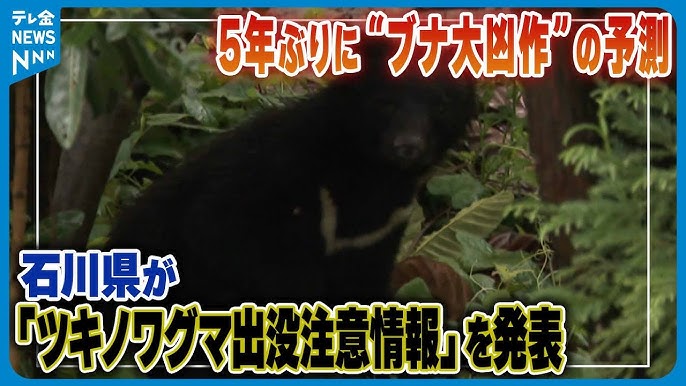Residents in suburban areas of Japan are being warned of potential encounters with bears due to a poor season for beech nuts, a primary part of the bears' diet. Increasing human-animal encounters are raising concerns about public safety in these residential areas. Typically, in the autumn months, bears rely heavily on beech nuts for nutrition. Furthermore, authorities keep warning locals to remain vigilant and discourage any attempts to interact or interfere with the wildlife.
In Japan, wildlife is considered an integral part of the ecosystem and is treated with high respect. However, issues such as these significantly raise concerns about human life and safety. Japan's strict animal rights laws are enforced to protect wildlife, but in situations like these, the government might have to take necessary measures to ensure public safety.
In regions like the US or the EU, encounters with wild animals in populated areas are also common, especially in places adjacent to nature reserves or forests. Public safety procedures often involve spreading awareness among communities, dissuading individuals from feeding or interacting with the animals, and sometimes removing the animals from populated areas. In some cases, authorities may even resort to euthanising animals that pose a significant threat.

